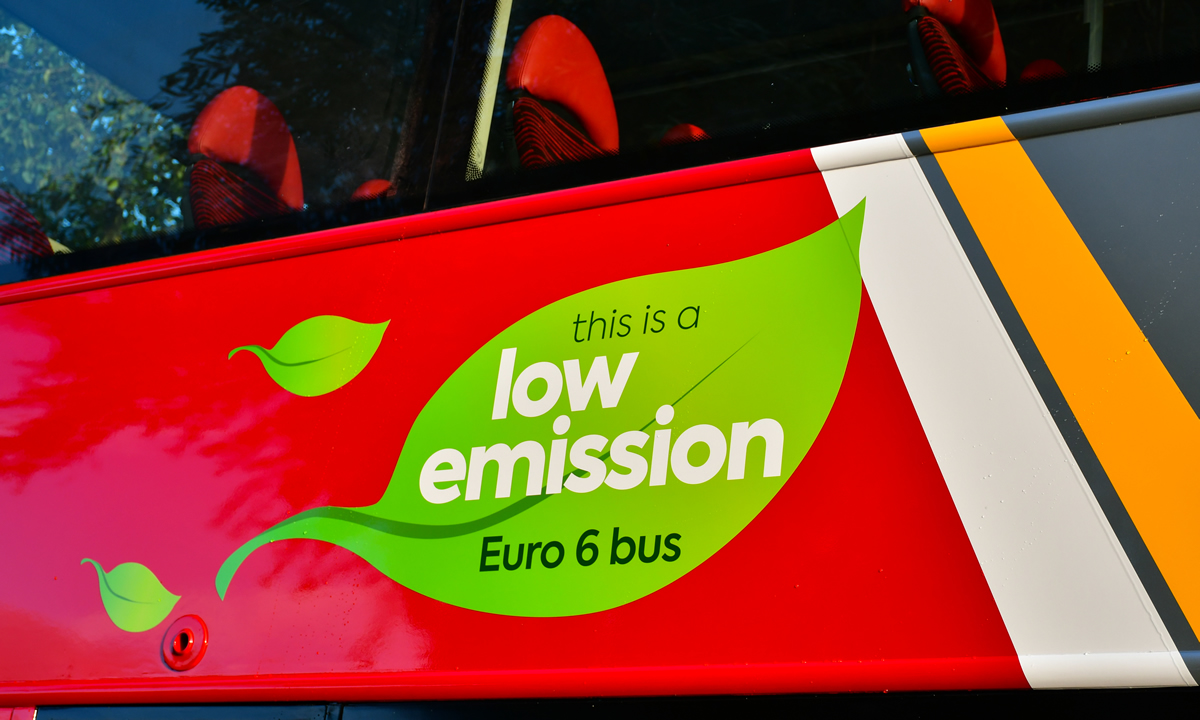Despite spikes in crude oil pricing during a volatile month, the cost of delivered-in diesel dropped throughout August, according to Portland Pricing’s national average price.
Beginning at c.110ppl, receding refining margins, a strong pound and bearish demand sentiment caused prices to fall to c.106ppl by month-end, the lowest level since June 2023.
Fears of a recession in the United States weighed on oil markets at the start of August, sending Brent down to a level not seen since January. Unemployment jumped to a three-year high, which alongside weak Purchasing Managers’ Index data painted a negative picture.
Jobs figures for March were also revised down 30% from their initial level. More positive data later in the month tempered concerns, but oil majors have announced that Q3 refinery output will be lower than Q2 due to weaker demand.
Tensions in the Middle East continued to add supply-side risk to the oil market. Progress on a ceasefire in Gaza stalled and hostilities between Israel and Hezbollah continued following strikes at the end of July. Multiple rocket attacks on targets both sides of the border stoked fears that a wider conflict could develop, although both sides appear to wish to avoid an all-out war for now.
China’s weak economic recovery continued to constrain the demand outlook throughout the month. Its crude oil throughput slipped to an 18-month low during July as industrial activity remained in contraction, primarily driven by a soft construction sector.
A faster transition towards electric and alternatively fuelled vehicles could also play a role looking forward to 2025: 30% of heavy vehicles registered in China during the latter stages of 2023 were liquefied natural gas-powered.
Beginning the month at US$1.279, the pound performed strongly throughout the month, helping to lower the cost of road fuels for the UK consumer.
As annual inflation rose to 2.2% during July (in line with expectations but above the Bank of England target of 2%), Governor Andrew Bailey warned against cutting rates “too quickly, or by too much,” boosting the pound.
In the US, Federal Reserve Chair Jerome Powell’s keynote address at the Jackson Hole Economic Symposium confirmed that policymakers were ready to begin cutting rates at its September meeting.
Total cuts of approximately 100 basis points are now anticipated in the US before the end of the year. In the UK the Bank of England is expected to move more slowly, boosting sterling. GBP closed the month at US$1.314, near a level not seen since March 2022.
The biofuel component of UK B7 specification diesel increased marginally from 5ppl to 6ppl. Wholesale biofuel followed a similar trend to fossil diesel, limiting the change in the cost of Renewable Transport Fuel Obligation compliance.
Finally, wholesale UK renewable diesel (HVO) prices fell marginally from c.108ppl c.107ppl. The price of Renewable Transport Fuel Certificates (RTFCs) dropped to 19.25 pence per certificate, reducing the benefit that HVO consumers receive (assuming 100% of the RTFC benefit is passed onto the end-user), while European HVO prices fell.
Portland Pricing is a specialist provider of transparent, independent fuel price information, covering both traditional and alternative fuels. For more information visit its website.



























